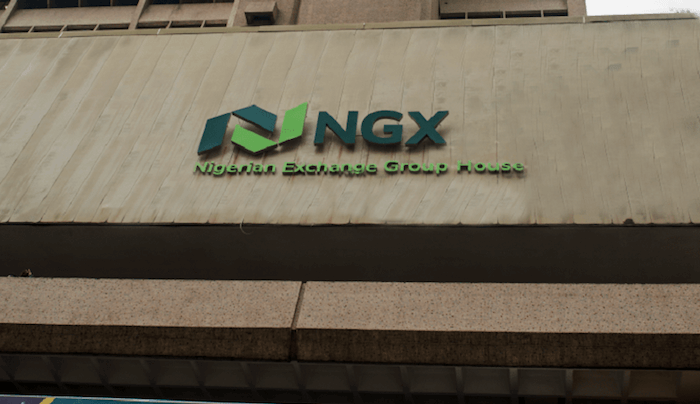The Nigerian Exchange (NGX) is on course to close 2025 with gains of about 51 percent, its best since 2020 (50%), extending a rally that has cemented its place among Africa’s best-performing markets this year.
The benchmark All-Share Index has advanced 39.5 percent year-to-date as of October 5, with Cordros Securities projecting an additional 11.9 percent gain in the final quarter that would lift full-year performance to around 51.4 percent and push the index beyond the 154,000-point mark.
The Lagos-based research firm says the rally reflects four reinforcing pillars: easing inflation, a more stable currency, resilient corporate earnings, and sustained institutional inflows. “Market sentiment has been buoyed by the interplay of policy reforms and earnings resilience,” Cordros noted, adding that inflation is on track to moderate to 17.5 percent by November, while the naira has strengthened 3.9 percent year-to-date.
Unlike the liquidity-fueled post-COVID rebound of 2020–21, this year’s surge is anchored in fundamentals. Banks (+39.6%) have benefited from higher interest income, industrials (+41.9%) from resilient demand, insurers (+65.9%) from regulatory reforms, and consumer goods stocks from stronger margins after mid-year FX stability. The oil and gas sector has been the laggard, down 7 percent, as Dangote Refinery’s operations disrupted pricing dynamics.
Performance across the year has been shaped by distinct quarterly drivers. Modest Q1 gains of 2.7 percent gave way to a 13.6 percent advance in Q2 as disinflation and lower yields revived risk appetite. Q3 proved the strongest, with an 18.9 percent jump boosted by robust half-year earnings and cheap valuations. Insurance stocks surged further in August on the back of the new Nigerian Insurance Industry Reform Act (NIIRA), though momentum wavered late in the quarter amid profit-taking and only modest support from a 50bps MPR cut.
Nigeria’s performance stands out across the continent. The Ghana Stock Exchange has surged 72 percent on post-restructuring optimism, while Kenya’s NSE is up 44.6 percent on strong banking stocks and currency gains. Johannesburg has climbed 30.5 percent, and the BRVM 17.8 percent. In contrast, Zimbabwe is down 5.7 percent and Botswana up just 5.6 percent. Malawi’s outsized 249 percent rally reflects inflationary distortions rather than underlying demand, while Uganda’s 22.8 percent gain underscores East Africa’s recovery.
Read also: NGX lifts suspension on trading International Energy Insurance shares
By these measures, Nigeria ranks firmly in the top tier of African bourses in 2025, offering depth and liquidity that appeal to portfolio managers searching for stability. Domestic institutions have provided a strong anchor, with inflows exceeding N213 billion by July—well above 2024 levels—while retail and foreign flows have been more volatile. Dividend yields also remain attractive compared to fixed income, reinforcing demand.
Still, risks remain. The new capital gains tax regime could affect trading volumes if poorly implemented.
“The rate has been raised to 25% from 10%, but the real uncertainty lies in implementation. If tax authorities assess gains based on historical acquisition prices, investors could face retrospective liabilities that materially inflate their tax burden,” said Cordros. “Beyond the tax cost itself, ambiguity over how the rules will be applied creates further uncertainty, undermining investor confidence. This makes market reaction difficult to predict.”
According to the research firm, “On one hand, a retrospective approach could trigger near-term selloffs as investors crystallize gains, with re-entry occurring at a slower pace, resulting in weaker liquidity and heightened volatility. On the other hand, more explicit guidance and smoother implementation could limit disruptions and keep trading conditions orderly.”
Still, if projections hold, the NGX will finish 2025 as a standout performer not only in Africa but also among frontier markets globally, rivalled only by Ghana and Kenya.
“We expect this to be the start of a gradual easing circle that reduces borrowing costs, reduces the relative appeal of fixed income, and strengthens the case for increased equity allocations.”

